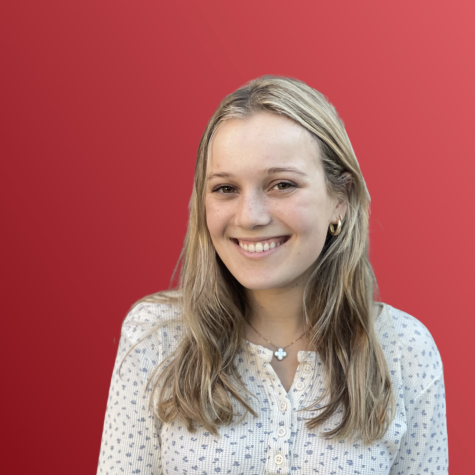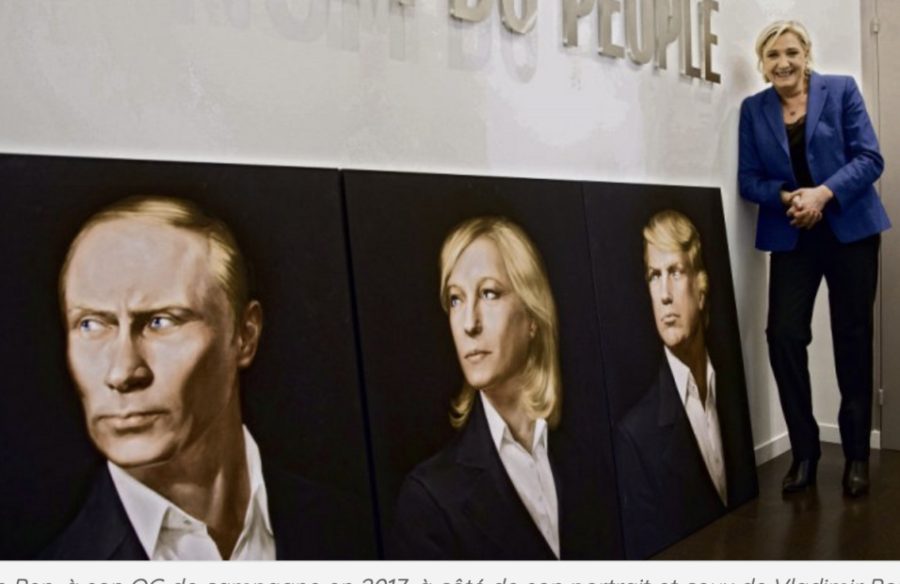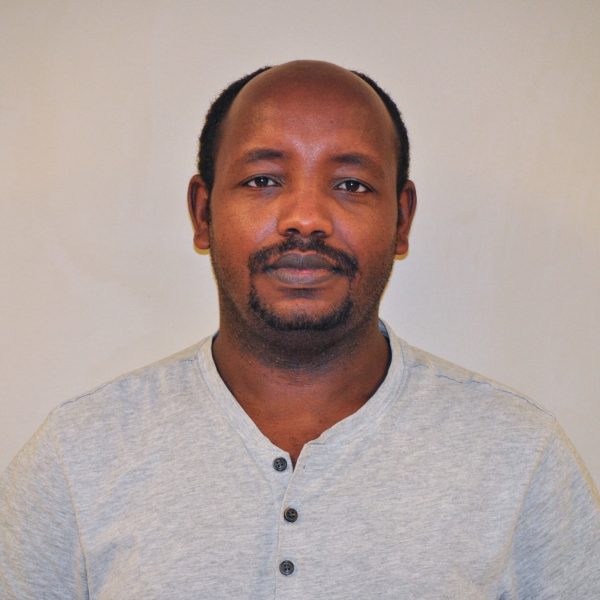Division of Social Sciences Hosts Talk on ‘Putin, Trump and the French Far Right’
The Division of Social Sciences Fall 2022 Luncheon Seminar Series hosted a talk on “Putin, Trump and the French Far Right” with Professor of History and Director of the Division of Social Sciences Jill Harsin. The talk took place from 12 p.m. to 1 p.m. on Thursday, Nov. 10 in Alumni Hall.
The talk focused on the “Pro-Putin” trend among the French far right in the last 10 years. Harsin also touched on Marine le Pen, a French lawyer, and politician who ran for the French presidency in 2012, 2017 and 2022.
Harsin said “Marine Le Pen represents the populist wing of the far fight, and is, up to this point, the leading figure; the other side of the far right is the Christian/Catholic group that, in the United States, would be the anti-CRT, anti-gay, anti-abortion wing of the party,” Harsin said. “At the moment the two ‘wings’ are represented by separate parties; if they come together, they will be a formidable force.”
Harsin touched on controversial topics within the French far right, such as gay marriage, in-vitro fertilization and immigration in France.
“Marine Le Pen leads the National Rally (Rassemblement National) party, the party that represents the far right in France,” Harsin said. “Their chief issue is immigration and, in particular, Muslim immigration, which they see as a challenge to France’s traditional culture and identity.”
The talk was meant to discuss the wave of recent anti-democratic and authoritarian figures on the rise. President of Russia Vladimir Putin and former U.S. President Donald Trump were used as two examples in the presentation.
“There has been a wave of authoritarian leaders — Bolsonaro of Brazil (just defeated), Orban of Hungary (just elected this year), Meloni of Italy (just elected), Trump in the United States in 2016 — all of them different, but nevertheless all representing, in various ways, a distrust of democratic institutions and a concern to halt immigration,” Harsin said. “These elections represent major challenges to democratic norms, and I wanted to show how this trend is playing out in France, one of the leading members of Nato and the European Union. And of course, Putin’s attack on Ukraine in the midst of the French elections brought Putin to the forefront as well, since many of those on the far right admire him as a strong leader.”
Those who aren’t well versed in French politics could still learn about the rise of political conservatism, and how it will affect the future of world politics, according to junior Ray Zhang.
“I came to the talk because it was recommended by my Professor Alan Cooper who was also at the talk,” Zhang said. “As a history major student, I was also interested in the topic and would like to learn more about French political events. I didn’t have much knowledge of the left/right political spectrum in French politics, so Professor Harsin’s lecture definitely helped me better understand each party’s political agenda and their roles in the French election.”
The talk ended with a Q&A, where professors and students were able to ask questions, which brought up questions about the French left, according to Associate Professor of History, Alan Cooper. The French left used to be represented by the Socialist Party, which no longer exists.
“I think the most surprising thing was what I asked about in Q&A — what has happened to the French left? I know British politics better and the comparison is interesting to me, and a little troubling,” Cooper said.
The current French president, Emmanuel Macron, is a member of the La République En Marche!, a liberal French political party. Macron beat Le Pen in the most recent 2022 election, but her influence as the leader of the National Rally is still pervasive, according to Harsin. Harsin’s talk showcased her research on the effects of the French far right.
“The social sciences colloquium series gives us a wonderful chance to showcase the research that people in the social sciences are doing, and helps to bring us (faculty and students both) together as a division,” Harsin said. “Speaking for myself, I can say that I’ve learned a great deal from these talks, and I’ve been able to know the work of individual professors better.”

Sophie Mack is a senior from San Francisco, CA concentrating in art history and minoring in political science. She has previously served as a staff writer...





